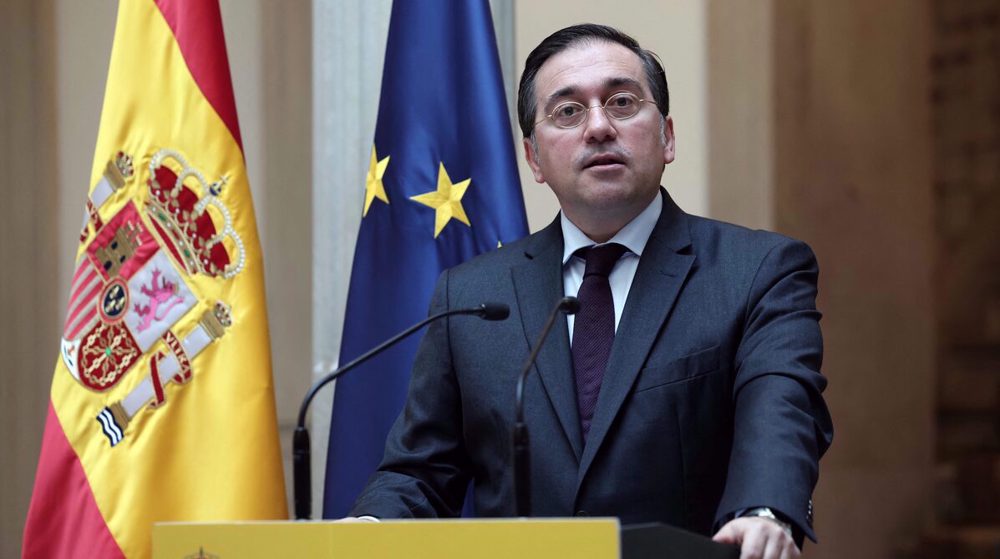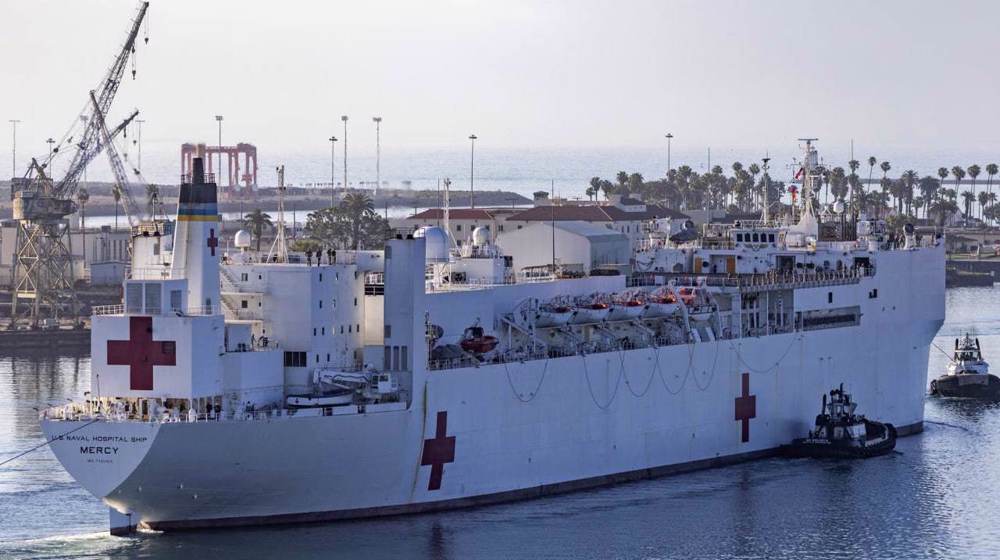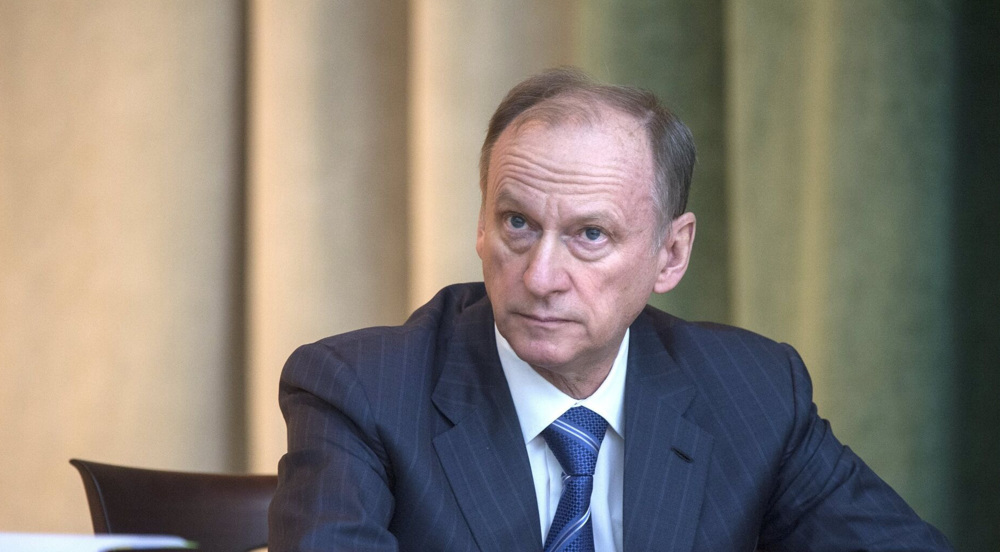Bulgarians heading to polls in presidential election
People in Bulgaria are heading to the polls to cast their ballots in a presidential election set to decide the future of the Balkan country.
Voting began at 7:00 am local time (0500 GMT) and will end at 8:00 pm (1700 GMT) on Sunday, with some 6.83 million Bulgarians eligible to vote and nearly 12,500 polling stations set up by election authorities.
The presidential race is mainly expected to be between the 58-year-old Tsetska Tsacheva, the center-right candidate for the ruling Citizens for European Development of Bulgaria (GERB) Party, and Rumen Radev, 53, the opposition candidate of the Bulgarian Socialist Party (BSP).

Recent opinion polls show that Tsacheva, who is the current speaker of the parliament, will come atop among a total of 21 candidates with around 30 percent of support. Radev, who has come second in opinion polls, is expected to win 23 percent of the votes.
“The vote on Sunday will show whether we have the right to rule the country in the next two years,” Bulgarian Prime Minister Boiko Borisov, the GERB’s leader, said during a campaign rally.
According to observers, if no one wins an overall majority in the Sunday vote, there will be a runoff on November 13, which has to be held between the two top contenders from the first round.
The BSP candidate is seen by Bulgarian voters as pro-Russia.

Bulgaria, once a staunch ally of Moscow, has been tilting toward the West, becoming a NATO member in 2004.
The Balkan country is almost entirely dependent on Russian energy supplies, and many Bulgarians feel a deep affinity with their sprawling neighbor across the Black Sea.
Moscow and Brussels will be watching closely to see who would win the presidential elections.
Tensions have recently risen between Russia and NATO — traditional adversaries since the time of the Cold War — particularly since the Ukraine crisis. NATO has said it plans its biggest build-up in the region since the Cold War.
Freedom of speech, right to protest under assault in UK
Border guards seize cache of weapons, ammunition near Iran-Afghanistan border
Grok to power classified programs as Musk's xAI secures deal with Pentagon
Iraqi FM tells US envoy: Government formation ‘internal matter’
Israel killed Gaza aid workers in ‘execution style’ massacre in 2025: Report
Participation shrinks at Israeli arms expo in wake of Gaza genocide: Report
Venezuela calls on UN to pressure US for Maduro’s immediate release
Hamas: Israel seeks to break Palestinian abductees’ will through abuse









 This makes it easy to access the Press TV website
This makes it easy to access the Press TV website